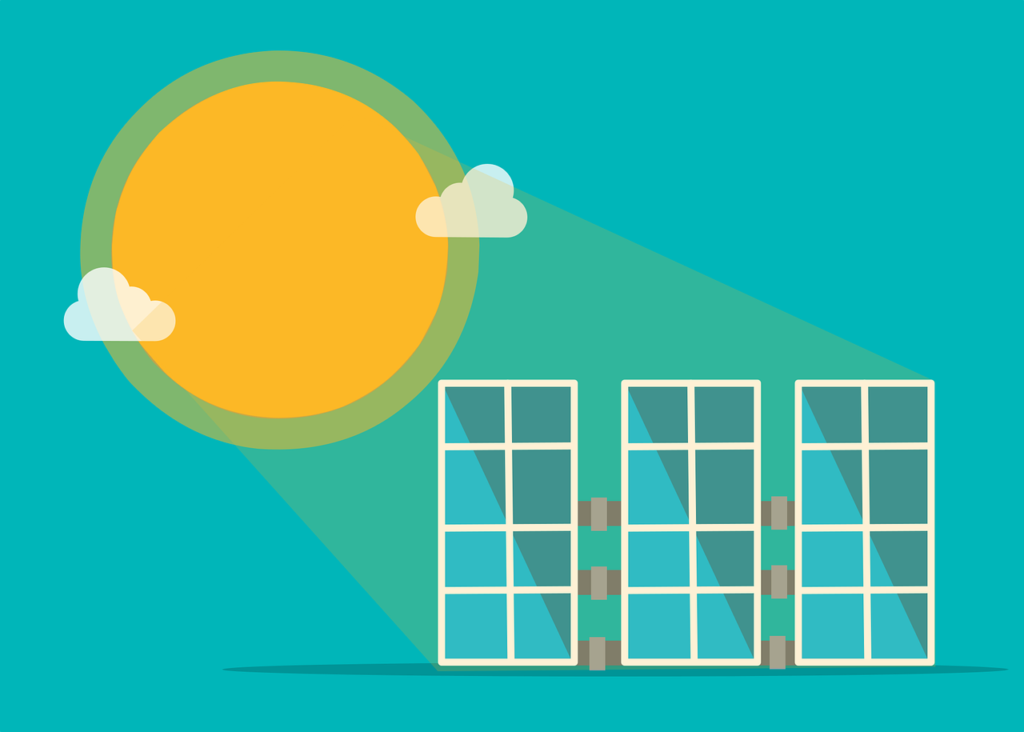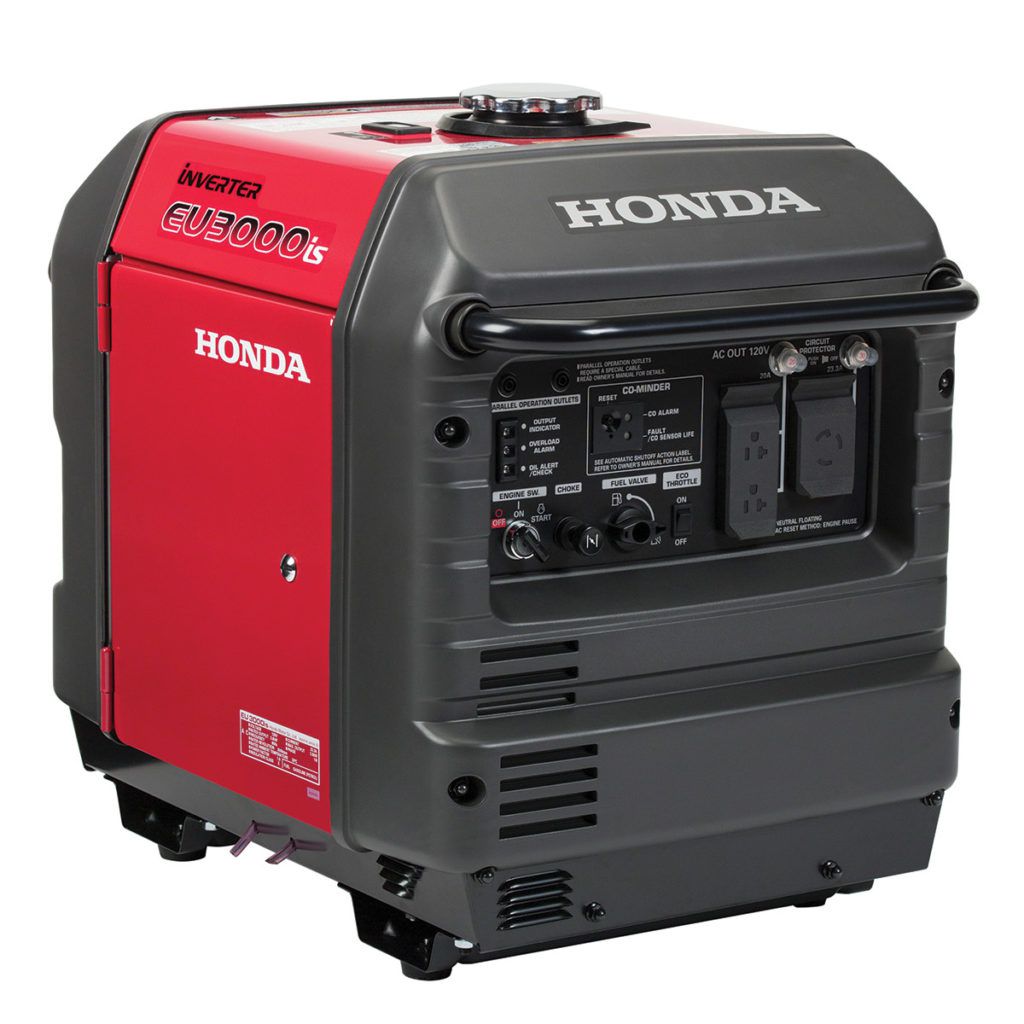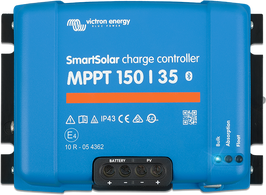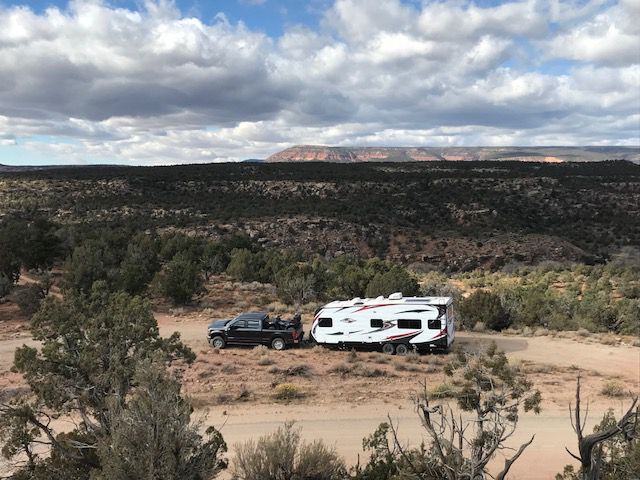When planning an off-grid adventure with an RV, one of the decisions to make is choosing the most suitable power source. Two popular options are solar panels and generators, each with its own benefits and drawbacks. Determining the best option for your needs depends on various factors such as cost, convenience, and the type of appliances you need to power.
Should You Go With Solar?
Solar panels are an environmentally friendly option that can save money in the long run. They are relatively affordable and can even be installed as a DIY project or by a pro. Once set up, their daily cost of use is essentially zero, as they utilize sunlight for generating power. The major drawback is that solar panels rely on daylight hours and good weather conditions to produce energy, which may limit their effectiveness in some situations. This can be problematic with extended periods of poor weather.


Or Should You Go With A Generator?
Generators, on the other hand, provide a more consistent and powerful energy supply, capable of running all appliances in the RV. Although they come with lower upfront costs they require fuel and oil to operate. However, versatility, high power generation, and reliability should not be overlooked. Generators can operate in any weather condition and allow their users to control run time according to their needs. But the BIG but, they can be noisy and produce emissions, which may not be ideal for some campers.


RV Solar System Components
Solar Panels
Solar panels are the primary component of an RV solar system, as they collect sunlight and convert it into electricity. For RVs, there are typically two types of solar panels: monocrystalline and polycrystalline panels. Monocrystalline panels are more efficient, but they also come at a higher cost. But keep in mind, 100-watts is 100-watts. By monocrystalline being more efficient it just means it’s a smaller footprint for the same size. Poly panels also do better in cloudy conditions. Choosing the appropriate wattage and size of solar panels depends on your electricity usage and budget.
Charge Controller
A charge controller is an essential component of an RV solar system, as it regulates the power going from the solar panels to the battery bank. There are two types of charge controllers: PWM (Pulse Width Modulation) and MPPT (Maximum Power Point Tracking). MPPT controllers are more efficient and suitable for larger systems, but they are also more expensive. Choosing the right charge controller depends on the size and power requirements of your RV solar system.
Our favorite brand of charge controllers to use for Off-Grid is Victron Solar Charge Controllers.


Battery Bank
The battery bank is where the energy produced by the solar panels is stored for use in your RV. There are several types of batteries suitable for RV solar systems, such as lithium-ion batteries, absorbed glass mat (AGM) batteries, and flooded batteries. Lithium batteries offer better performance, lighter weight, and longer lifespan than other types, but they are also more expensive. When choosing a battery bank, consider the capacity, budget, and long-term value of the batteries you select.
More Info on RV Batteries in Our Battery Basics Series
- Types of RV Batteries
- How To Wire RV Batteries
- Deep Cycle Battery vs Dual Purpose Battery
- How to Care For RV Batteries
Inverter
An inverter converts the DC power produced by the solar panels and stored in the battery bank into AC power, which is the type of power used by most appliances and devices in your RV. There are two types of inverters: modified sine wave and pure sine wave inverters. Pure sine wave inverters provide a cleaner source of power, which is essential for sensitive electronic devices, whereas modified sine wave inverters are less expensive. Choosing the right inverter depends on the type of appliances you use in your RV and your budget.
RV Generators
If you have a large RV, like to camp under the trees, live in a cloudy area, or only use your RV at RV parks but occasionally go off-grid, you might be better suited with a generator. A generator can produce a massive amount of power instantly and power larger devices such a full size refrigerators or AC units whereas solar systems would have a hard time.
Types of Generators
There are three main types of RV generators: diesel, gas, and portable. Diesel generators are known for their efficiency and longevity. They produce less noise and have a lower carbon footprint compared to gas generators. However, they can be more expensive up-front and require a diesel-powered RV for fuel compatibility.
Gas generators, on the other hand, run on gasoline and are more common among RV users. They are generally less expensive than diesel generators but may require more frequent refueling depending on usage. Gas generators tend to produce more noise and have a larger carbon footprint.
Portable generators offer versatility and convenience for RV owners. These generators can be easily moved and set up wherever needed. They come in various sizes and fuel options, which means users can choose one based on their specific requirements. However, portable generators may not provide sufficient power to run all appliances in an RV simultaneously, such as microwaves, TVs, and air conditioners.
The Unrealized Downside – Generator Maintenance
Proper maintenance is crucial for ensuring the longevity and efficiency of an RV generator. It might not be top of mind when considering a generator but the general maintenance does take time and cost money. Some key aspects of generator maintenance include:
- Oil changes: Regular oil changes are essential for the generator’s smooth functioning. The frequency of oil changes depends on the generator type and usage.
- Air filters: Clean air filters are necessary to prevent dust and debris from entering and damaging the generator’s internal components. Regularly inspect, clean, and replace air filters as needed.
- Fuel system: Regularly check and clean the fuel system to ensure that there is no buildup of deposits or dirt.
Following a proper maintenance schedule can help avoid generator failures and extend the life of the generator. Additionally, investing in RV generator wheel kits and dual RV generators can make it easier to move and set up the generator, adding to the convenience and comfort of using an RV.
RV Solar System vs Generator
Advantages and Disadvantages
When considering power sources for your RV, it’s important to understand the advantages and disadvantages of both solar systems and generators. Solar systems, like Renogy or Windy Nation, are a renewable and eco-friendly option with virtually silent operation, whereas generators provide a consistent and reliable power source, even in cloudy or low-light conditions. On the other hand, generators can be noisy and produce emissions.
Energy Efficiency
Solar panels are a highly energy-efficient choice, converting sunlight into electricity and supplying power to RV appliances or storing it in a battery for later use. Solar systems can significantly reduce costs related to fuel when compared to daily generator usage. While generators may consume fuel to produce power, high-quality solar panels, such as those from Goal Zero, can provide energy with minimal to no waste.
Convenience
Both solar systems and generators offer convenience in different ways. A solar kit requires little to no maintenance and can be easily expanded by adding panels, while a generator can provide power without depending on sunlight, making them convenient for boondocking or camping in shaded or cloudy conditions. However, the noise and maintenance associated with generators might be less appealing to some RVers, especially when considering the virtually silent operation of solar systems.
Off-Grid Camping
For off-grid camping enthusiasts, solar panels are a popular choice because they can provide energy during daylight hours without requiring fuel or generating noise. This enables campers to power appliances, laptops, and other electronic devices without disturbing the serenity of their surroundings. Conversely, generators are a reliable source of power for off-grid camping, as they can deliver electricity consistently, even in less sunny or windy conditions, and can support larger appliances such as air conditioners. Choosing a solar system or generator for your RV ultimately depends on your camping preferences, desired level of comfort and convenience, and the types of appliances and electronic devices you use during your adventures.


Additional Considerations
Choosing the Right System
When deciding between RV solar and generator systems, consider your power requirements, frequency and duration of off-grid camping, and budget. Assess the appliances in your RV, like the microwave oven, water heater, and other electronics, and calculate their power consumption. Solar panels are a quiet, eco-friendly option for light to moderate power needs. In case of high power requirements or overcast weather, portable generators like the Sportsman GEN2000W can provide consistent power.
For more power, consider higher-capacity generators, such as the WEN 56380i Super Quiet 3800-Watt or the Honda EU3000is. These models offer improved fuel efficiency and noise reduction. If you need even more power for your RV, you can connect two RV generators using a parallel connection cable, doubling your output.
Top Brands and Products
Solar Panel Brands: There are numerous reputable solar panel manufacturers on the market, so do your research to find panels with high efficiency and good customer reviews. Top brands include Renogy, Zamp, Go Power, and Goal Zero.
Portable Generator Brands: When choosing a portable generator for your RV, look for reliable and highly-rated brands. Top brands include Honda, WEN, Sportsman, and Westinghouse.
Ultimately, it’s essential to research and compare each brand’s product offerings to determine what will suit your specific needs best. By examining the power capacities, noise levels, and ease of use for different options, you can make an informed decision for your RV camping experience.
